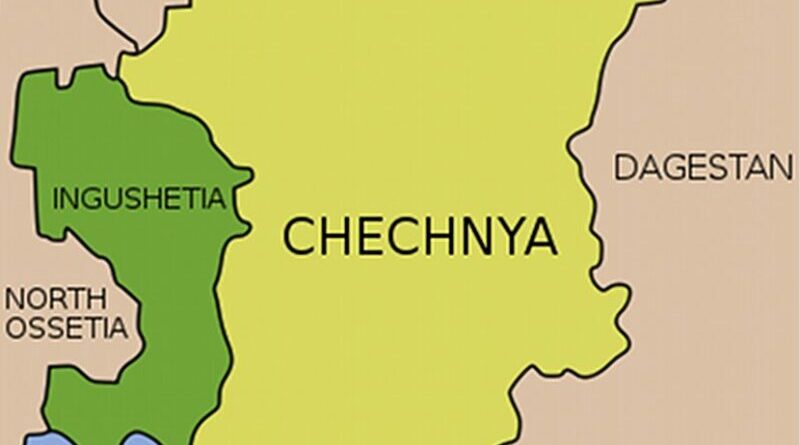Kremlin Dispatching Forces To Ingushetia Not Just From North Caucasus But From Across Russia – OpEd
By Paul Goble
In advance of what the opposition had announced will be new protests as of Friday, Moscow has sent in troops– the Russian Guard, OMON, and others – not just from nearby republics but from across the Russian Federation, a measure of Kremlin fears about the anti-Yevkurov forces and its unwillingness to respond with anything but force.
That pattern (svpressa.ru/accidents/article/229374/) suggests that the Kremlin has lost confidence in regional forces and has to bring in troops from elsewhere, a pattern that may justify the conclusion of the Region.Expert portal that the Ingushetia events show that Russia is “a failed state” with few good prospects (region.expert/failed/).
According to the editor of the Kavkaz-Uzel news agency, Grigory Shvedov, the situation in Ingushetia has moved “into a phase likely to be dominated by force” rather than targeted arrests and negotiations. Indeed, he suggests in New Times, the situation could get ugly very fast and very soon (newtimes.ru/articles/detail/179077).
In advance of such a clash, the Ingush opposition has prepared a major report on the history of their relations with the authorities over the last two months, a report that shows the opposition has played by the rules while Yunus-Bek Yevkurov and his Moscow backers have not (fortanga.org/2019/04/doklad-o-sobytiyah-v-respublike-ingushetiya-fevral-mart-2019/).
Opposition leaders continue to appeal for calm, and restraint lest their actions provide Moscow and Yevkurov with an excuse to use force, but the mounting tide of arrests and the fact that the authorities often won’t tell even relatives where those arrested are being kept is increasing tensions (graniru.org/Society/Law/m.275822.html, kavkaz-uzel.eu/articles/333860/, kavkaz-uzel.eu/articles/333839/, kavkaz-uzel.eu/blogs/342/posts/37229, capost.media/news/policy/v-ingushetii-ne-mogut-nayti-pyaterykh-uchastnikov-protesta/, and zamanho.com/?p=5941).
The situation is thus so explosive that a single misstep by either side could not only push the republic toward disaster but also draw in other republics in the region whose populations also have grievances and may assume that they should exploit this situation to advance their own demands.
Moscow clearly hopes a massive show of force will be enough to dissuade both the Ingush opposition and the other nations in the North Caucasus from doing so; but if it becomes obvious that Russia’s presence in the region is only that of an occupying power which has very little support in the area, the situation could also spiral out of control.
That is how wars have started in the North Caucasus over the last two hundred years. One can only hope that this clash will not explode into another one.

